Activity
Provide a model to scaffold learning around instead of blank pages:
Word with headings
PP with slides outline
weblinks to read, watch or listen
Continue from last lesson or prior learning at home:
- build on a project/document they have started
- Add this learning to it
- Use feedback tools to guide as it develops and not just final product
Be prepared to go ‘off piste’ if they identify new challenge, opportunity or focus from reading and watching or collaborating
- keep their prior learning in document and add this new learning to it
Collaboration in group work:
One shared document, folder or blog page
Track changes to evidence who’s contributing what
regulate and check-in:
- Timers
- Chat
- screen breaks


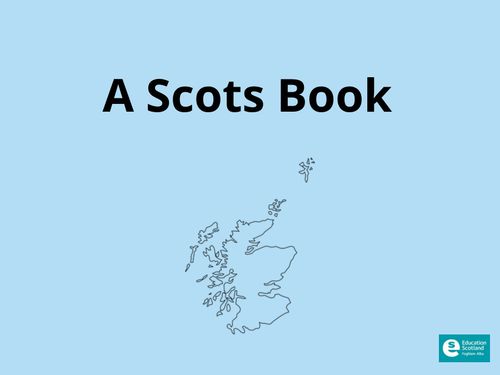




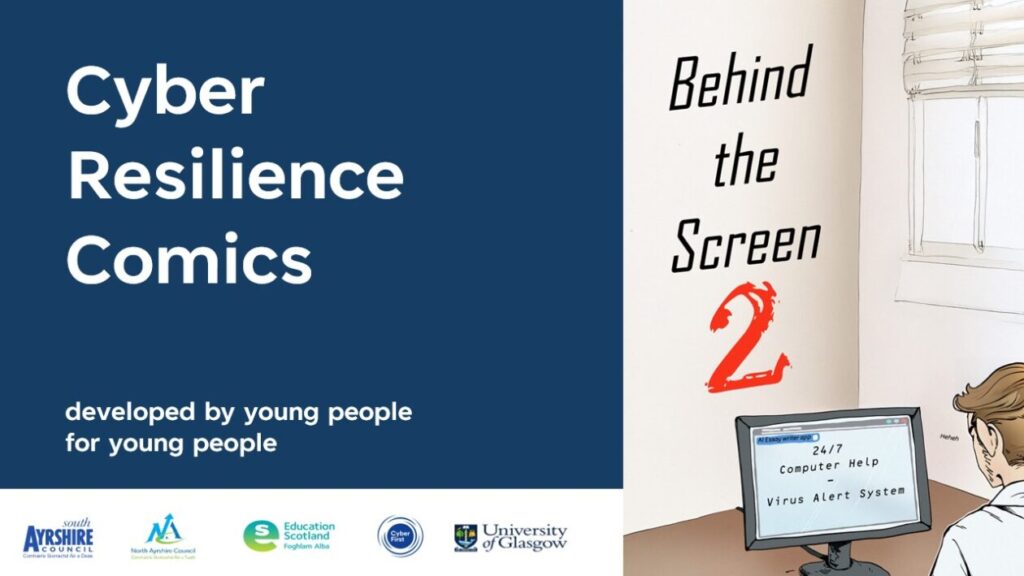

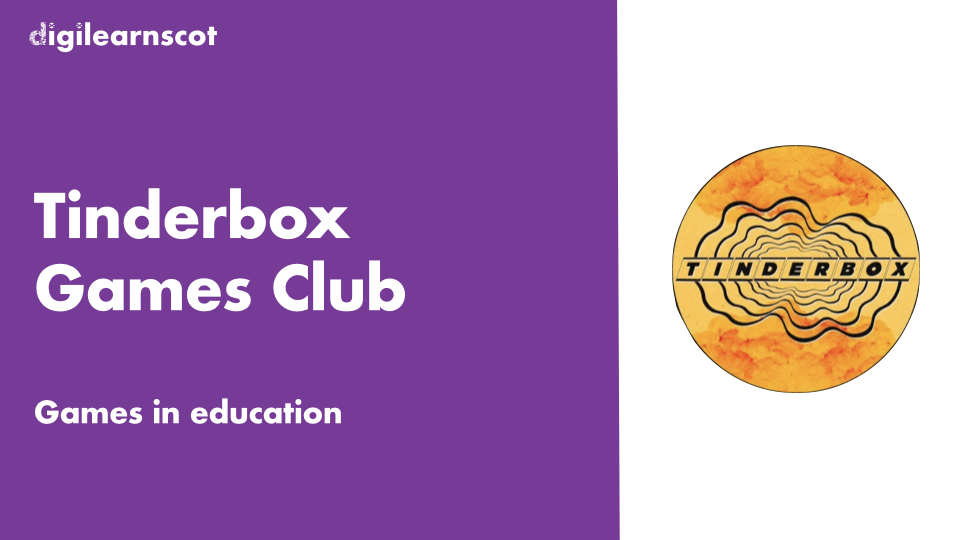
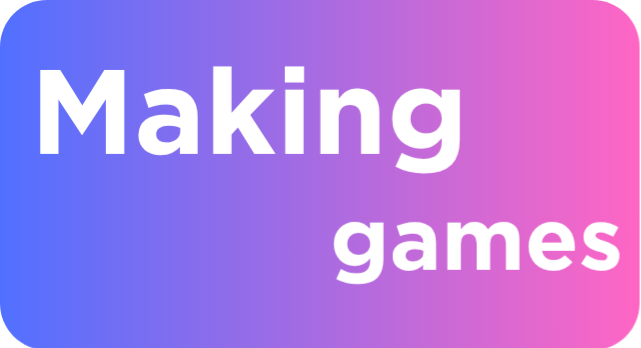


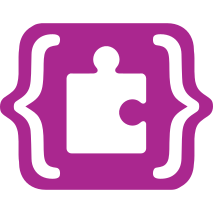
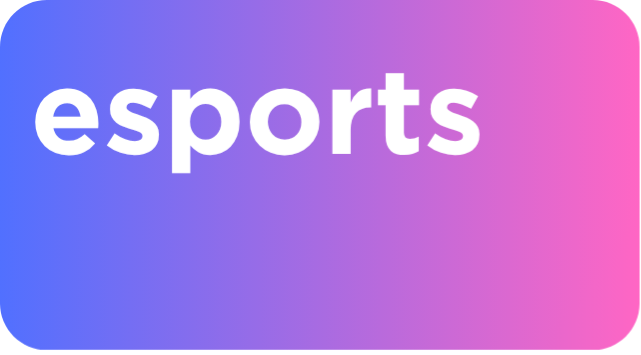


You must be logged in to post a comment.